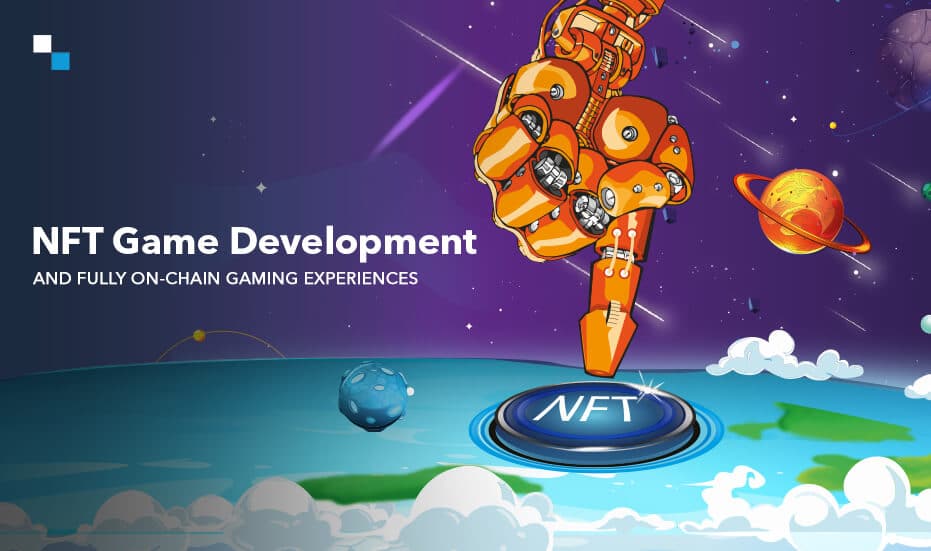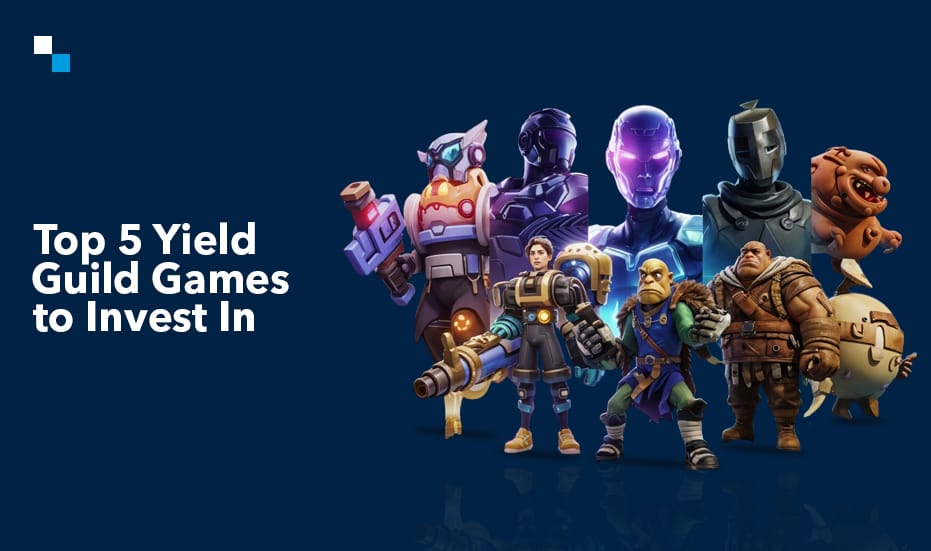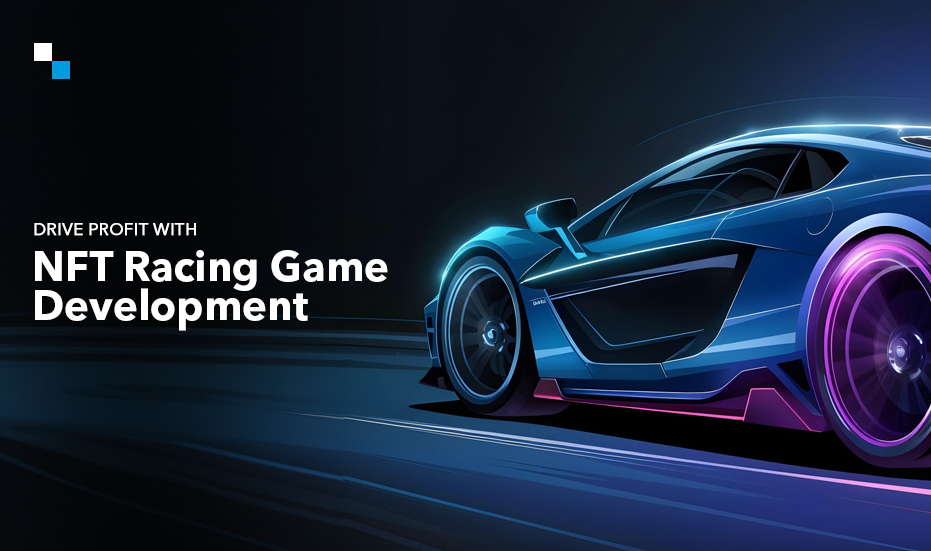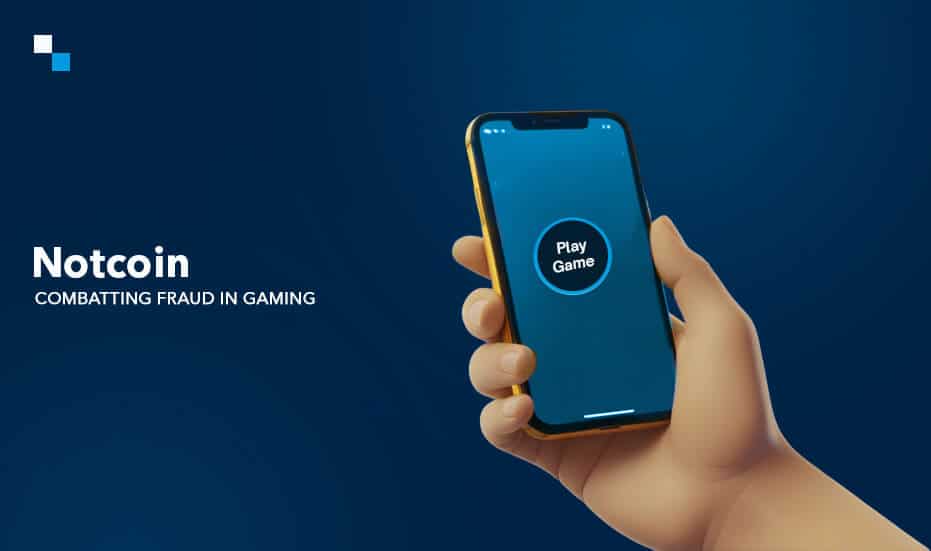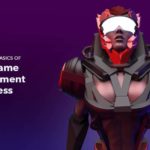In the current gaming landscape, Web3 games are exhibiting a striking resemblance to their Web2 counterparts. The gameplays have undergone a notable enhancement, much better than that witnessed in the year 2021. The gaming experience has moved beyond just grinding loops, delivering a greater level of enjoyment, a sentiment that NFT game development companies strive for.
The onboarding processes have been refined and simplified to an extent that most games no longer necessitate players to integrate a wallet. Furthermore, the acquisition or borrowing of Non-Fungible Tolens (NFTs) is no longer a prerequisite to participate in a game. A growing number of Web3 games have seamlessly integrated with Web2 distribution platforms such as Google Play, AppStore, and the Epic Games Store.
This strategic move reflects a focus on delivering a user experience that prioritizes accessibility, enjoyment, and ease of engagement, rather than overwhelming players with technical jargon and unnecessary complexities. Web3 investors embracing this move aim to capture a share of the expansive $334 billion market dominated by traditional video games. These investors are recognizing that to expand their player base it is important to customize their products to resonate with individuals beyond the confines of the blockchain sphere. This is leading to a growing demand for NFT gaming platform development services.
What are Fully On-Chain Games?
Fully on-chain games leverage blockchain technology as a substitute for a centralized game server. They seamlessly integrate every aspect of the game onto the blockchain – including assets, logic, state, and storage. When the game logic is on-chain, referring to the set of rules and instructions governing the behavior of a video game and response to player actions, it enables possibilities for permissionless interoperability and composability.
Once deployed, these games transition into community-owned entities, offering traits such as censorship resistance and autonomy from their original creators. These games create an environment where anyone can contribute and build upon them, a characteristic often referred to by the term “Autonomous Worlds.”
By achieving immutability, transparency, and trust in blockchain-powered games, NFT gaming platform development companies are helping reimagine the development of these games. This transformative approach empowers gaming companies to achieve unprecedented gaming experiences.
Fully On-Chain Games vs. Partially On-Chain Games
Fully On-Chain Games
- Game Logic and Assets: In fully on-chain games, both the game logic (rules, mechanics, algorithms) and game assets (characters, items, currency) are entirely stored and executed on a blockchain.
- Smart Contracts: Smart contracts play a pivotal role in fully on-chain games by automating various aspects of the game, enforcing rules, and managing the interactions between players and the game environment.
- NFTs for Assets: In-game assets are often represented as NFTs, providing players with true ownership of their virtual assets. These NFTs are secured by the blockchain, allowing for transparent and tamper-proof ownership records.
Partially On-Chain Games
- Selective Blockchain Integration: Partially on-chain games integrate blockchain technology for specific aspects, such as asset ownership, in-game economies, or certain game features, while other components may be managed off-chain.
- Hybrid Architecture: These games may still rely on traditional centralized servers for certain functions, such as processing game logic, handling certain transactions, or managing user authentication.
- Hybrid Asset Systems: While partially on-chain games may use blockchain for certain assets, not all in-game items may be represented as NFTs. Some assets might still exist off-chain.
Business Benefits of Launching Fully On-Chain Games
If you are planning for NFT game development, launching a fully on-chain game makes a great choice. It presents a range of business advantages, aligning with the trends within the gaming industry.
1. Decentralization and Trust
- Enhanced Security: The decentralized nature of blockchain minimizes the risk of vulnerabilities and improves security against potential breaches or fraudulent activities.
- Trustless Transactions: Blockchain ensures transactions within the game are trustless, enabling a transparent and secure environment for in-game transactions and asset exchanges.
2. True Ownership and NFTs
- NFT Integration: In-game assets as non-fungible tokens (NFTs) grant players true ownership and enable them to buy, sell, and trade assets within and beyond the game.
- Cross-Game Asset Utility: NFTs facilitate interoperability, empowering players to utilize their assets across diverse games or platforms, which can potentially increase the overall value of in-game items.
3. Community Engagement and Ownership
- Community Governance: Fully on-chain games are often community-owned, allowing players to actively participate in decision-making through decentralized governance mechanisms.
- Community Building: The transparent and open nature of the blockchain cultivates a sense of community and collaboration among players, enhancing player engagement and loyalty.
4. Immutability
- Immutable Game State: The immutability of the game on the blockchain ensures game data remains unchanged, providing transparency and preventing manipulation.
- Provably Fair Gaming: Blockchain transparency enables players to verify the fairness of the game through cryptographic proofs, which builds trust between players.
5. Monetization Opportunities
- Innovative Business Models: Blockchain technology opens avenues for inventive business models, including decentralized autonomous organizations (DAOs), token sales, and alternative forms of fundraising.
6. Global Accessibility
- Borderless Transactions: Blockchain enables borderless transactions and engagement, allowing players from around the world to participate without facing traditional financial or regional barriers.
Why Choose Antier for NFT Game Development?
With real-world experience in NFT game development, we are adept at delivering cutting-edge solutions tailored to meet unique business use cases. The team of our seasoned developers combines technical expertise with a deep understanding of the gaming landscape, ensuring the development of immersive and high-performance NFT games. Our NFT gaming platform development services are characterized by a keen focus on user experience, incorporating the latest advancements in blockchain technology to provide seamless in-game asset integration, true ownership through NFTs, and robust security features. Furthermore, our client-centric approach involves collaborative ideation, meticulous planning, and transparent communication throughout the development lifecycle.
Connect with our subject matter experts to discuss your needs for NFT gaming platform development.
